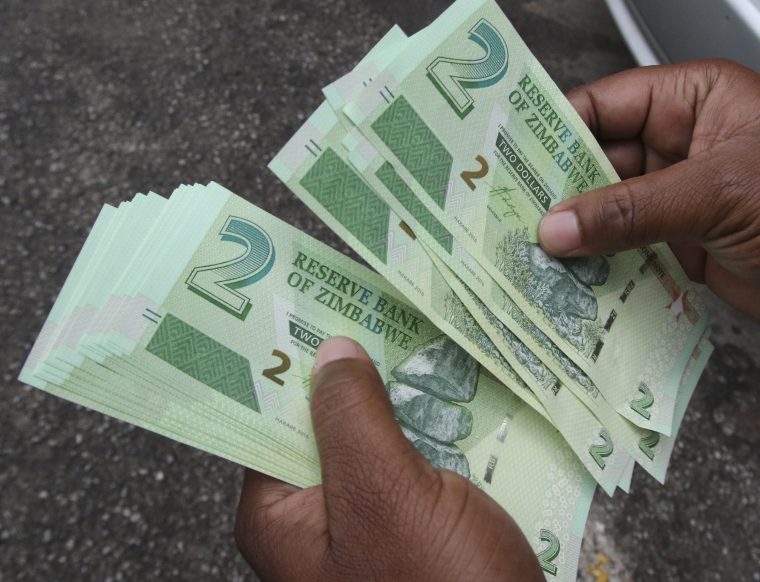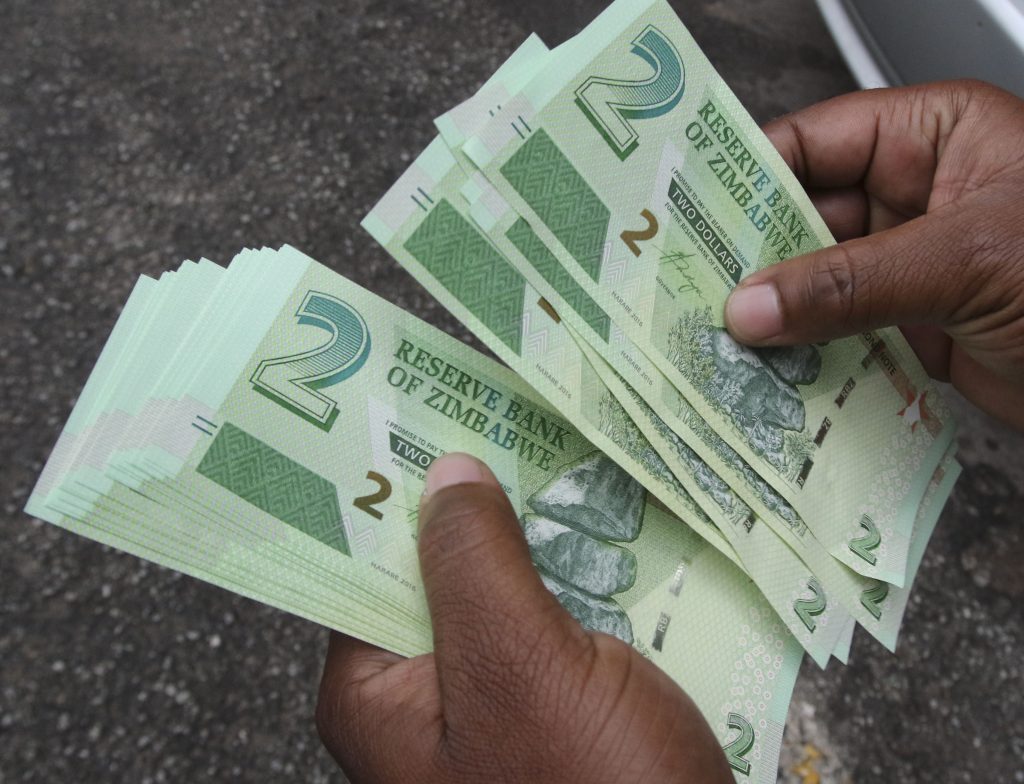 President Emmerson Mnangagwa today said new $10 and $20 bank notes will be introduced in the next “few days” as the government moves to contain persistent cash shortages that have led to extortionist multi-pricing, and mushrooming of a black market cash-for-sale business.
President Emmerson Mnangagwa today said new $10 and $20 bank notes will be introduced in the next “few days” as the government moves to contain persistent cash shortages that have led to extortionist multi-pricing, and mushrooming of a black market cash-for-sale business.
The move is also meant to cement the local currency’s restored role as sole legal tender, after the government scrapped use of multi currencies in domestic trade in July.
For over a decade, Zimbabwe had been using multiple currencies, especially the United States dollar, in local trading after its domestic currency was rendered worthless by hyperinflation in 2009.
Mnangagwa said the introduction of the new higher denomination bank notes, following that of $2 and $5 months ago, will increase money supply, and help curb cash shortages.
Speaking at belated anti-corruption day commemorations, he said the central bank had this week increased the amount of cash it injected into the market from between $10 million and $14 million daily to $30 million, principally to improve cash availability and circulation.
The cash shortages have created permanent features of long, winding queues of customers at banks looking for cash, a situation black marketeers have taken advantage of to hoard and sale cash at premiums of up to 50 percent.
“From Tuesday, the Reserve Bank has been giving banks $30 million, up from $10-$14 million which they had been giving them after I spoke to the central bank governor,” Mnangagwa said.
“We will take further measures if the situation does not improve.”
He reiterated calls for Zimbabweans to support the local currency, just like other nations do.
“Mozambicans have their currency called Metical, Botswana has the Pula and South Africa has the Rand, in Malawi they have theirs and Zambia has the Kwacha. The citizens do not care whether their currency is strong or not, they take ownership of it,” he said.
Mnangagwa said sole use of the local currency in domestic trade was imperative for the country’s economic development, especially considering that Zimbabwe, unlike its neighbours, was not receiving any financial assistance from multilateral financial institutions due to illegal Western sanctions.-New Ziana
(172 VIEWS)


